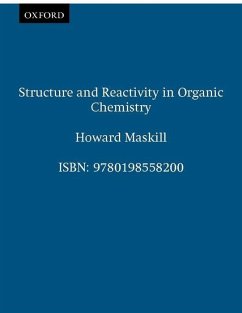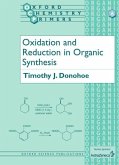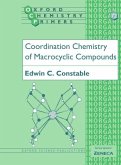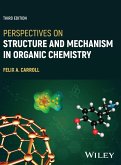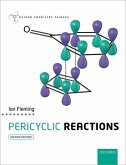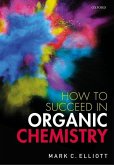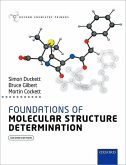This book for advanced undergraduates covers areas of mechanistic and physical organic chemistry in a non-mathematical way. The topics included are essential in any modern chemistry degree, yet are not included in standard organic chemistry textbooks for undergraduates. The book starts with a consideration of molecular vibrations and intermolecular interactions, and introduces the use of potential energy profiles and reaction maps to describe organic chemical transformations. The relationship between kinetics and organic reaction mechanisms is then explored with special emphasis on the interpretation of activation parameters. The relationship between molecular structure and chemical reactivity, i.e. correlation analysis, is then covered, followed by a chapter on catalysis of organic chemical reactions in solution by small molecules. The treatment of catalysis explores how the molecular structure of compounds determines their reactivity either as substrates or as catalysts. The final chapter is devoted to isotope effects in mechanistic organic chemistry, concentrating on deuterium kinetic isotope effects.
This title covers areas of mechanistic and physical organic chemistry at advanced undergraduate level in a non-mathematical way. The topics included (e.g. kinetics and mechanism, catalysis, and isotope effects) are essential in any modern chemistry degree. The book is up to date and includes many examples from all areas of organic chemistry.
Hinweis: Dieser Artikel kann nur an eine deutsche Lieferadresse ausgeliefert werden.
This title covers areas of mechanistic and physical organic chemistry at advanced undergraduate level in a non-mathematical way. The topics included (e.g. kinetics and mechanism, catalysis, and isotope effects) are essential in any modern chemistry degree. The book is up to date and includes many examples from all areas of organic chemistry.
Hinweis: Dieser Artikel kann nur an eine deutsche Lieferadresse ausgeliefert werden.

